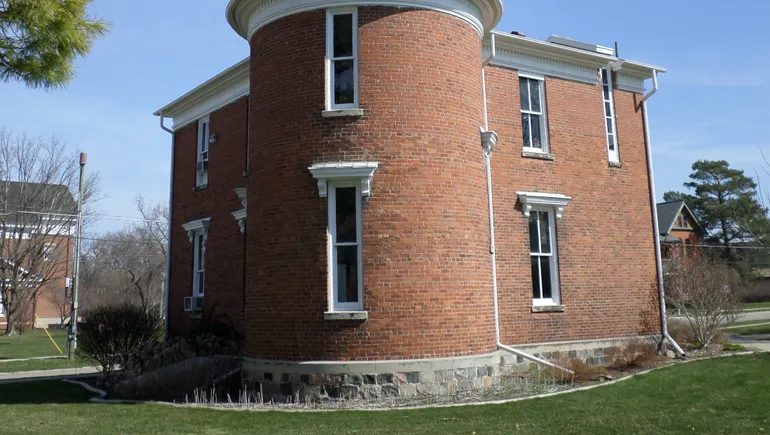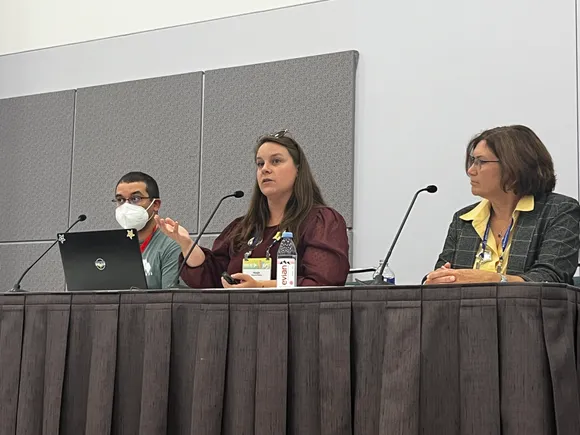Dive Brief:
- A growing number of colleges are breaching bond and loan stipulations, known as covenants, that require them to stay within certain financial health parameters, according to a new report from S&P Global Ratings.
- The agency cited 12 colleges it rates that have breached covenants since last June. In most cases, bondholders waived the violation. Some covenants could allow debtholders to accelerate repayment, which could add to an institution’s liquidity and ratings risks.
- S&P downgraded ratings for about half the institutions with violations, typically because of underlying financial issues. “We see continued credit quality divergence in the U.S. higher education sector, with weaker-positioned institutions experiencing budgetary pressure and covenant violations,” the analysts said.
Dive Insight:
S&P analysts view the covenant breaches as a symptom of pressure on colleges, many of them smaller and private. In their report, they point to the impact of several tough years on the higher education sector.
“At the start of the pandemic, universities across the country went into crisis-control mode, and we saw hiring freezes, personnel reductions, and cuts to discretionary expenses,” the analysts wrote.
COVID-19 brought revenue declines and new costs, but the colleges also got $77 billion in federal relief through the Higher Education Emergency Relief Funds. By fiscal 2023, the analysts noted, most institutions had burned through HEERF dollars. Meanwhile, costs have been rising with higher salaries and inflation.
“Combined, these factors contributed to some institutions reporting significant operating deficits and weakened financial resources at fiscal year-end that ultimately triggered financial covenant violations,” the analysts wrote.
The report included a handful of case studies where covenants were broken.
Among them was Albion College, a private nonprofit in Michigan, which fell below stipulated thresholds around liquidity and its debt service coverage ratio, a metric measuring an organization’s ability to meet debt obligations based on its cash flows.
Albion disclosed the covenant violations in December and hired a consultant to draw up a three-year plan, according to S&P. The college entered into a forbearance agreement in May with lenders, who agreed to waive the covenant violation.
S&P downgraded the college in May, prior to the agreement, not due to the violation itself but because of governance challenges amid leadership turnover, rising endowment draws, underlying financial strains and declining enrollment.
Still, the increasing covenant violations could negatively impact those colleges. Breaches can, in some cases, allow lenders to accelerate debt repayment. In turn, that could exacerbate liquidity issues if a college is forced to come up with more cash at a given point than it had planned.
Institutions are likely well aware of this risk. A growing number of colleges and universities have been looking to alter their debt covenants given their “weak ability to cover debt service or deal with declining liquidity,” Moody’s analysts said in a report last year.
#colleges #breaching #debt #requirements










